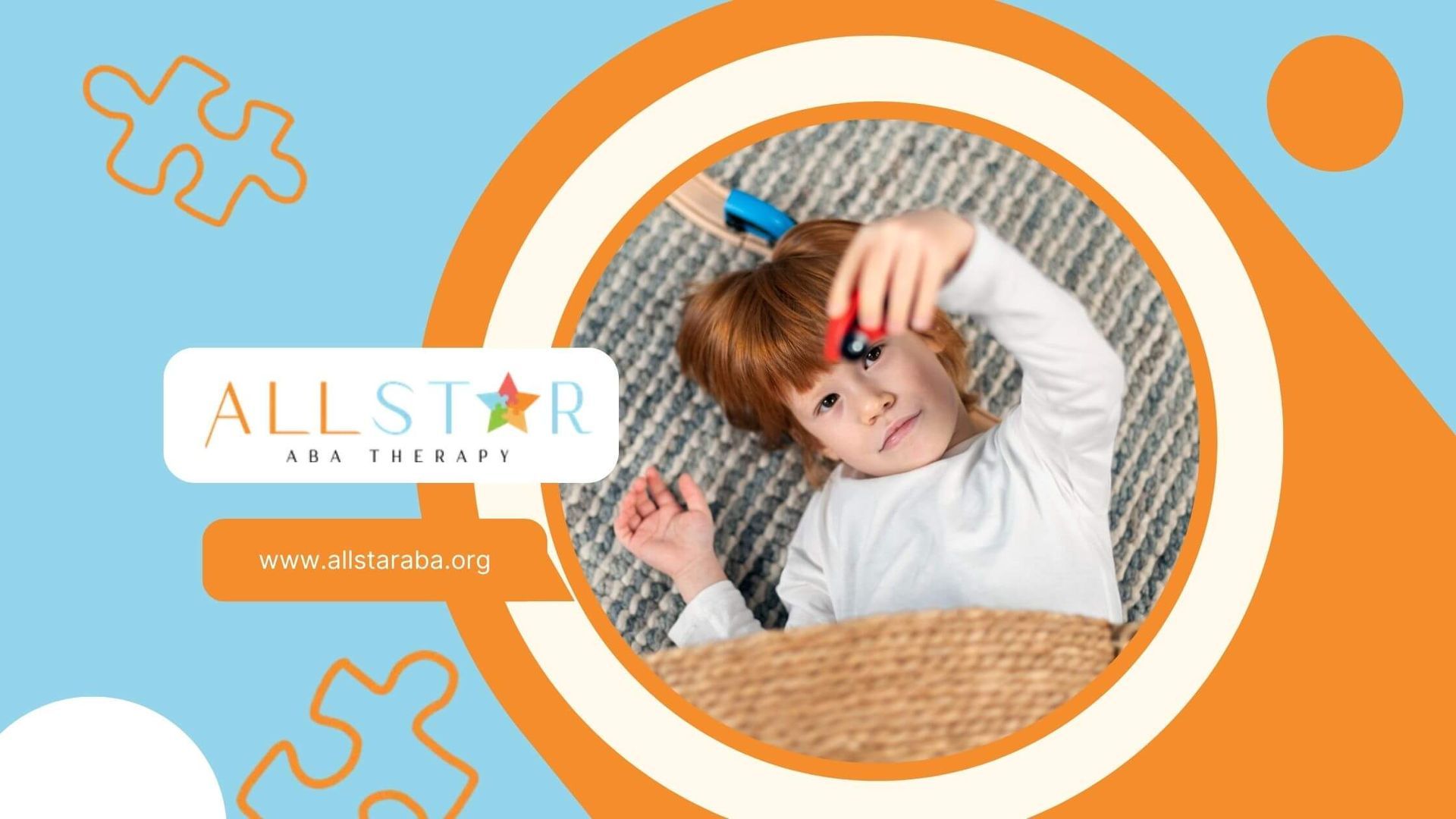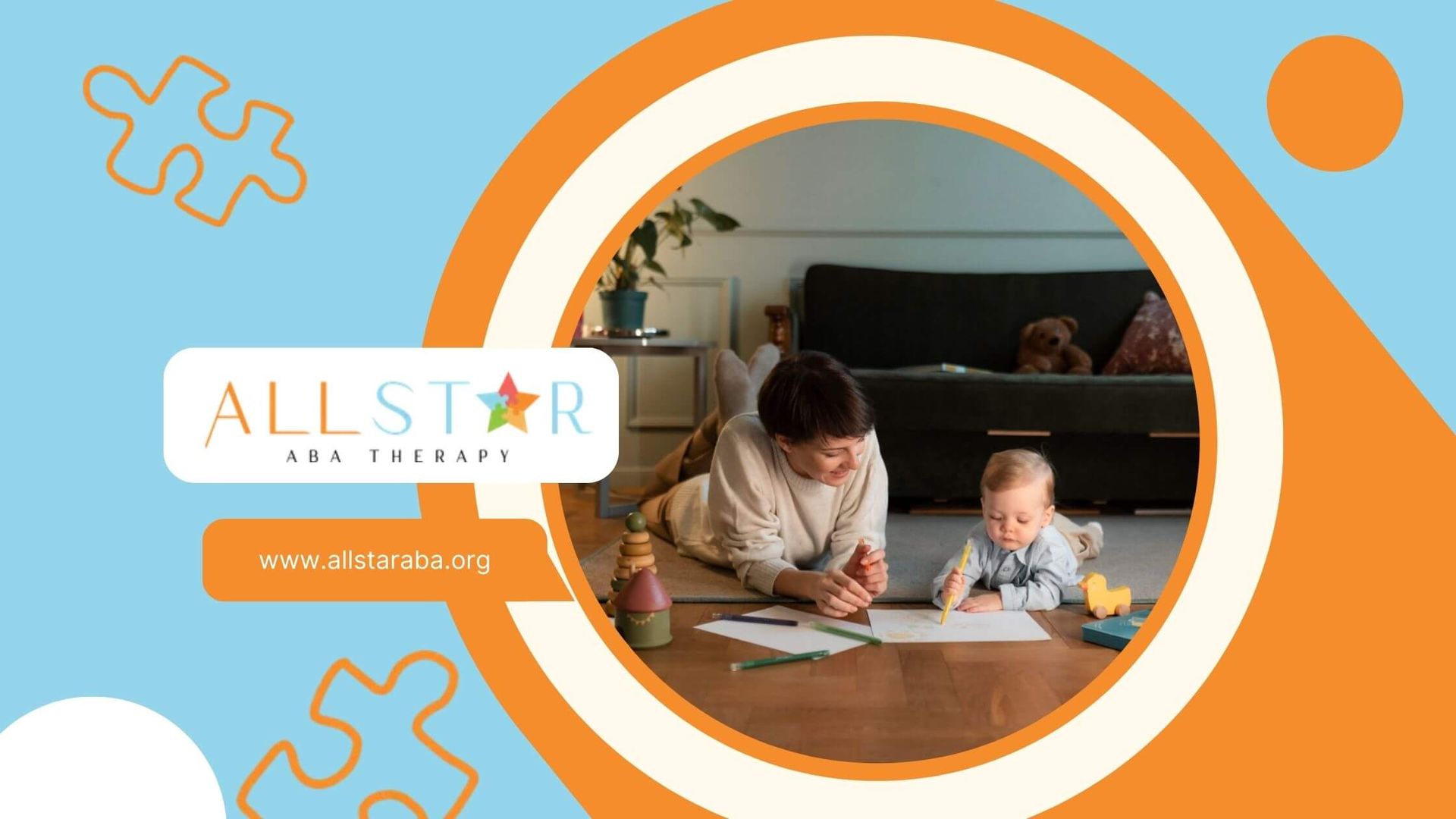New Paragraph
Identifying the Signs of Autism in Adults: A Guide
Signs of Autism Spectrum Disorder
Understanding the signs of autism in adults is crucial for early recognition and diagnosis. Autism Spectrum Disorder (ASD) manifests differently in each individual, but there are some common signs to be aware of.
Identifying Characteristics in Adults
Adults with autism often exhibit distinct characteristics, particularly in social contexts. According to NHS, common signs include:
- Difficulties with Social Communication: Challenges in understanding verbal and non-verbal communication such as facial expressions, tone of voice, and body language.
- Challenges in Social Interaction: Difficulty in making and maintaining friendships, a tendency to engage in one-sided conversations, and discomfort during social situations.
- Limited Social Imagination: Struggle to predict other people's thoughts and feelings, leading to difficulties in understanding and participating in social interactions.
Additional characteristics include:
- Sensory Sensitivities: Heightened or reduced sensitivity to sensory input such as lights, sounds, textures, and smells.
- Routines and Repetitive Behaviors: Preference for predictable routines and repetitive actions or rituals.
- Special Interests: Intense focus on specific subjects or activities, often dedicating significant time and energy to these interests.
Unique Signs in Autistic Women
Identifying autism in women presents unique challenges, as their signs may be less obvious compared to men. NHS highlights that autistic women often display less overt behaviors, making the condition harder to recognize.
Key differences include:
- Social Mimicry: Autistic women may be more adept at mimicking social interactions, masking their difficulties by copying the behaviors of others.
- Less Repetitive Behavior: Studies, such as one from Stanford Medicine, indicate that autistic girls often display less repetitive and restricted behaviors compared to boys.
- Internalized Anxiety: Higher tendencies to internalize feelings of anxiety, leading to increased stress and potential co-occurring conditions.
| Characteristics | Men | Women |
|---|---|---|
| Social Communication Difficulties | High | Medium |
| Limited Social Imagination | High | Medium |
| Social Interaction Challenges | Medium | Medium |
| Sensory Sensitivities | High | High |
| Routines and Repetitive Behaviors | High | Low |
| Intense Special Interests | High | Medium |
Identifying these signs in adults can lead to timely autism spectrum disorder testing and support, enabling better management and quality of life. For a deeper understanding of autism diagnosis, visit our section on autism diagnosis criteria and autism spectrum disorder evaluation.
Diagnosis and Recognition
Key Criteria for ASD Diagnosis
Diagnosing autism spectrum disorder (ASD) in adults involves identifying certain key criteria. According to The Reach Institute, clinicians look for:
- Persistent deficits in social communication and social interaction.
- Restrictive, repetitive behavioral patterns, interests, or activities.
These criteria encompass a range of behaviors and challenges that affect an individual's ability to navigate daily social settings and routines. The diagnosis process is thorough and requires careful evaluation to ensure accuracy.
Challenges in Diagnosing Autism in Adults
Diagnosing autism in adults presents unique challenges. Unlike children, adults may have developed coping strategies that mask their symptoms, making the diagnosis more complex. According to Autism Speaks, the diagnosis process typically involves:
- Multiple appointments with a clinician
- Cognitive activity-based tests
- Detailed questionnaires
In adults, questions may arise about early development and other diagnoses, complicating the process further. Many adults remain undiagnosed due to a lack of awareness about autism or learned behaviors that help them blend in socially.
Another significant barrier is the cost and accessibility of diagnosis. The expense and time involved in multiple evaluations can deter individuals from seeking a formal diagnosis.
An adult with a formal ASD diagnosis can access support, services, and protections under the Americans with Disabilities Act (ADA). These include:
- Reasonable accommodations at work and school.
- Protection against discrimination.
- Access to vocational support services.
Understanding these challenges and navigating the process is essential for those seeking diagnosis.
Impact on Daily Life
Coping with Sensory Sensitivities
Individuals diagnosed with autism spectrum disorder often experience heightened sensitivity to sensory stimuli. These sensory differences can make everyday environments feel overwhelming and non-inclusive. Bright lighting, loud noises, and strong smells are particularly challenging and can significantly affect stress levels and well-being.
Common Sensory Challenges
- Lighting: Bright or flickering lights can be painful or disorienting.
- Sound: Loud environments can cause significant distress.
- Smell: Strong odors may be overwhelming and difficult to tolerate.
- Touch: Certain textures or physical contact might be uncomfortable.
Challenges in Social Interaction
Social interaction presents its own set of challenges for autistic individuals. Difficulties in understanding social cues, maintaining eye contact, and engaging in small talk can make socializing a stressful experience.
Social Interaction Challenges
- Understanding Social Cues: Struggling to interpret body language and facial expressions.
- Communication: Difficulty initiating or maintaining conversations.
- Eye Contact: Forced or uncomfortable eye contact as part of "masking" behaviors.
- Expressing Emotions: About half of autistic individuals have a hard time naming their feelings, a condition known as alexithymia.
| Challenge | Description |
|---|---|
| Sensory Sensitivities | Overwhelm from bright lights, loud noises, strong smells, and certain textures. |
| Understanding Social Cues | Difficulty interpreting body language and facial expressions. |
| Communication | Struggles with initiating or maintaining conversations. |
| Eye Contact | Masking behaviors to make forced eye contact. |
| Expressing Emotions | Difficulty in recognizing and expressing emotions (alexithymia). |
Mental Health and Well-being
Understanding the mental health and well-being of autistic individuals is crucial for recognizing the full scope of their experiences and challenges. This section explores the prevalence of anxiety and co-occurring conditions in those diagnosed with autism spectrum disorder.
Prevalence of Anxiety in Autistic Individuals
Anxiety is significantly more prevalent in autistic individuals compared to the general population. In fact, the prevalence rates of anxiety in autistic individuals are at least five times higher than in the general population. Anxiety in autistic adults can manifest as excessive worry, fear, or apprehension, affecting their daily lives and overall well-being. Understanding and addressing this anxiety is a key part of providing comprehensive support to those on the spectrum.
| Prevalence of Anxiety | General Population | Autistic Individuals |
|---|---|---|
| Rate | 15-20% | 70-80% |
Moreover, anxiety in autistic individuals can be particularly complex, often exacerbated by sensory sensitivities and the challenges of navigating social interactions. Adults with autism frequently encounter situations that trigger their anxiety, making it important to recognize and address these feelings proactively.
Understanding Co-occurring Conditions
Research indicates that autistic individuals are more likely to experience a range of mental health difficulties compared to their non-autistic counterparts. About 8 in 10 autistic individuals will experience a mental health challenge during their lifetime, including conditions such as anxiety, depression, eating disorders, or psychosis.
These co-occurring conditions can significantly impact the quality of life for autistic individuals, influencing their ability to function in various aspects of daily life. It's also worth noting that autistic individuals are unfortunately more likely to die by suicide compared to non-autistic individuals, highlighting the urgent need for appropriate mental health interventions and support.
| Mental Health Condition | Prevalence in Autistic Individuals |
|---|---|
| Anxiety | 70-80% |
| Depression | 50-60% |
| Eating Disorders | 20-30% |
| Psychosis | 10-15% |
To fully support the mental health and well-being of autistic adults, it is essential to provide comprehensive, individualized interventions that address both autism-specific challenges and any co-occurring conditions. This holistic approach ensures that individuals receive the necessary support to navigate their daily lives successfully. Accessing support services for autistic adults can be a vital step in improving their overall quality of life.
Support and Interventions
Importance of Appropriate Interventions
Getting diagnosed with autism can have a significant impact on an individual's life, opening up access to much-needed support and resources. Appropriate interventions play a crucial role in enhancing the quality of life for adults diagnosed with Autism Spectrum Disorder (ASD).
One of the recommended interventions includes structured employment support programs. These programs are designed to help individuals find and retain suitable jobs, providing a sense of accomplishment and financial independence. Another beneficial intervention is social skills training, which aims to improve social interaction skills, a common challenge for those with ASD.
Structured leisure activities also form an essential part of the intervention process. These activities can help individuals to build social connections, reduce stress, and enhance overall well-being. The NICE guidelines have emphasized these interventions, which were first published in their 2012 guideline, "Autism spectrum disorder in adults: diagnosis and management."
| Intervention Type | Description |
|---|---|
| Employment Support Programs | Assist individuals in finding and retaining jobs. |
| Social Skills Training | Enhance social interaction skills. |
| Structured Leisure Activities | Offer opportunities to build social connections and reduce stress. |
Accessing Support Services for Autistic Adults
An adult with a formal ASD diagnosis becomes eligible for various support services and protections under the Americans with Disabilities Act (ADA). These supports may include reasonable accommodations at work and school, protection against discrimination, and access to vocational support services.
Accessing these services often begins with a comprehensive evaluation process, such as autism spectrum disorder testing. Once diagnosed, individuals can apply for services that might include assistance with daily living activities, healthcare, and educational support.
It's important to note that interventions must be tailored to the individual's unique needs. What works for one person might not be effective for another. Therefore, a personalized approach is essential.
For parents, carers, and teachers of younger individuals, there are specific guidelines, such as the "Autism spectrum disorder in under 19s: support and management" from 2013. These guidelines recommend play-based strategies to help support the development of social and communication skills in children.
By leveraging these interventions and support services, adults diagnosed with ASD can lead fulfilling lives, achieve their personal goals, and overcome the challenges associated with their condition.
Masking and Emotional Challenges
Understanding Masking Behaviors
Autistic adults frequently engage in a behavior known as "masking" or "camouflaging," where they conceal their autistic traits to appear more neurotypical. This can involve forcing eye contact, mimicking social cues, or suppressing self-stimulatory behaviors (stimming). The intent behind masking is often to fit in socially, succeed professionally, or avoid negative attention. However, while masking may facilitate these goals, it can also lead to significant exhaustion and stress.
| Masking Behaviors Examples | Purpose |
|---|---|
| Forced Eye Contact | To appear engaged in conversation |
| Mimicking Social Cues | To fit in during social interactions |
| Suppressing Stimming | To avoid drawing attention |
The act of continuously masking can take a toll on mental health, leading to feelings of isolation and misunderstanding. Many autistic people who mask describe an inner conflict between their true self and the persona they present to the world. This duality can result in higher levels of anxiety and, in some instances, depression.
Coping with Emotional Recognition Difficulties
Emotional recognition can be uniquely challenging for individuals on the autism spectrum. Many autistic adults struggle to identify and express their own emotions, a condition known as alexithymia, which can complicate social interactions and relationships. Additionally, understanding and interpreting the emotions of others can be equally difficult, further exacerbating social challenges.
Strategies for coping with emotional recognition difficulties include emotional literacy programs, which can help individuals understand and label their feelings. Therapy and support groups are also beneficial for developing these skills. Mindfulness and relaxation techniques can improve emotional awareness and regulation, fostering better overall mental health.
Final Thoughts
Understanding the signs of autism in adults is a critical first step toward receiving the right support, diagnosis, and interventions. From sensory sensitivities to challenges in social interactions and emotional regulation, recognizing these indicators empowers individuals to seek the help they need.
At All Star ABA, we’re committed to supporting autistic individuals with compassionate, individualized ABA therapy services tailored to adult needs. If you or a loved one are navigating the journey of autism diagnosis and support, contact All Star ABA today to learn how we can help you thrive.
Sources:
- https://www.nhs.uk/conditions/autism/signs/adults/
- https://med.stanford.edu/news/all-news/2015/09/girls-and-boys-with-autism-differ-in-behavior-brain-structure.html
- https://thereachinstitute.org/how-autism-may-present-at-different-ages/
- https://www.autismspeaks.org/adult-autism-diagnosis
- https://www.autistica.org.uk/what-is-autism/challenges-autistic-people-face
- https://www.autism.org.uk/advice-and-guidance/topics/strategies-and-interventions
Need Support?
We're Here to Help!
Our experienced team is ready to assist you. Reach out today to discuss how we can support your child's development and well-being.
Get started with expert ABA therapy today.








